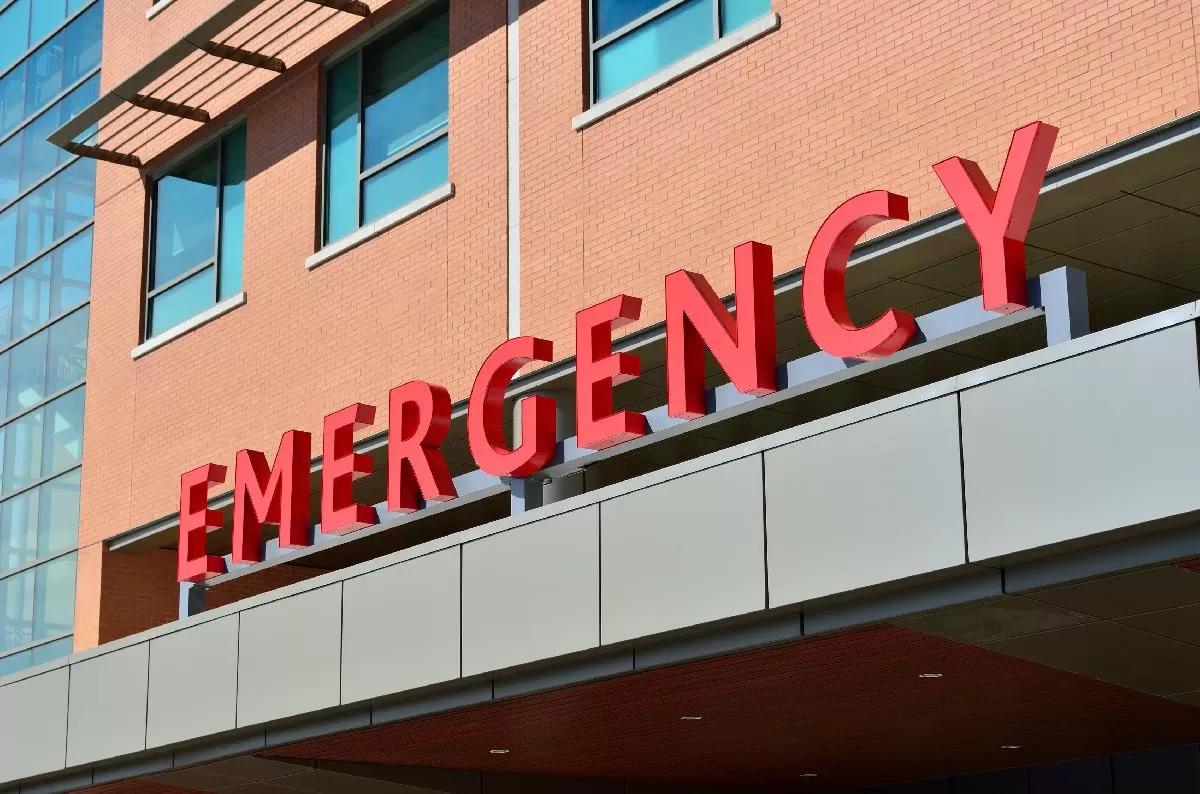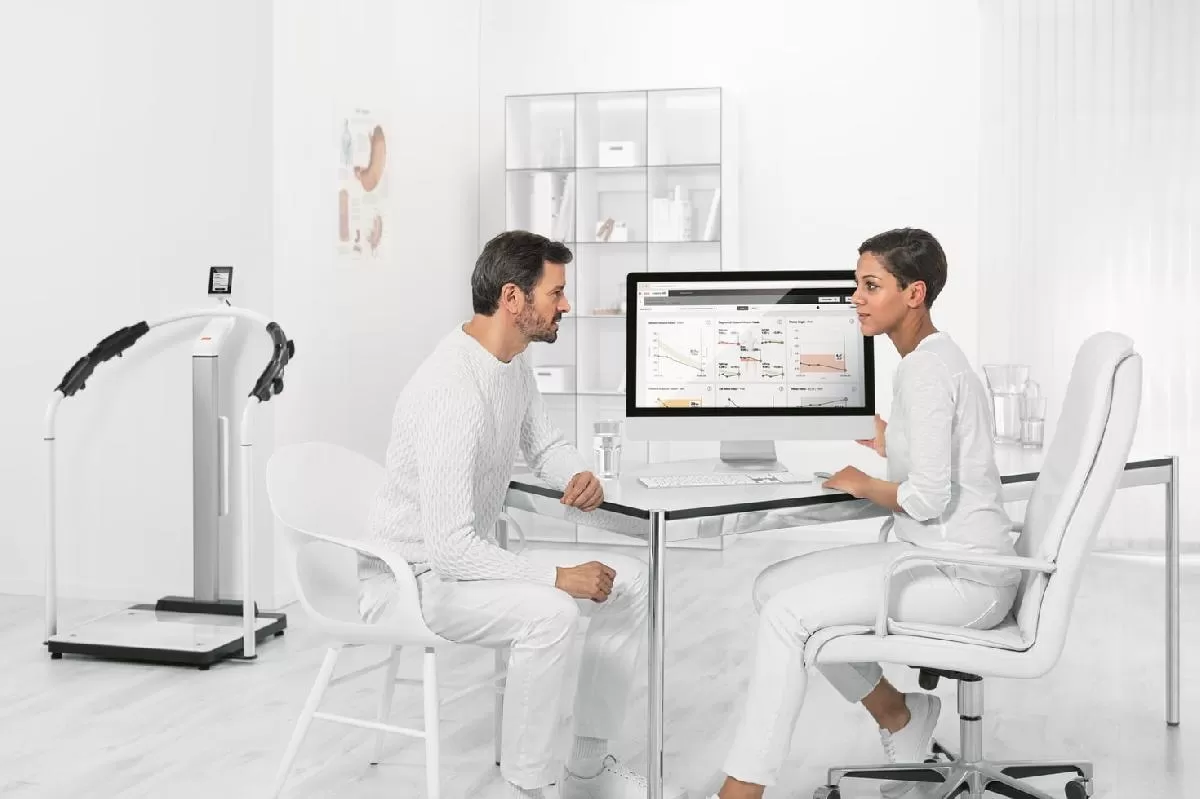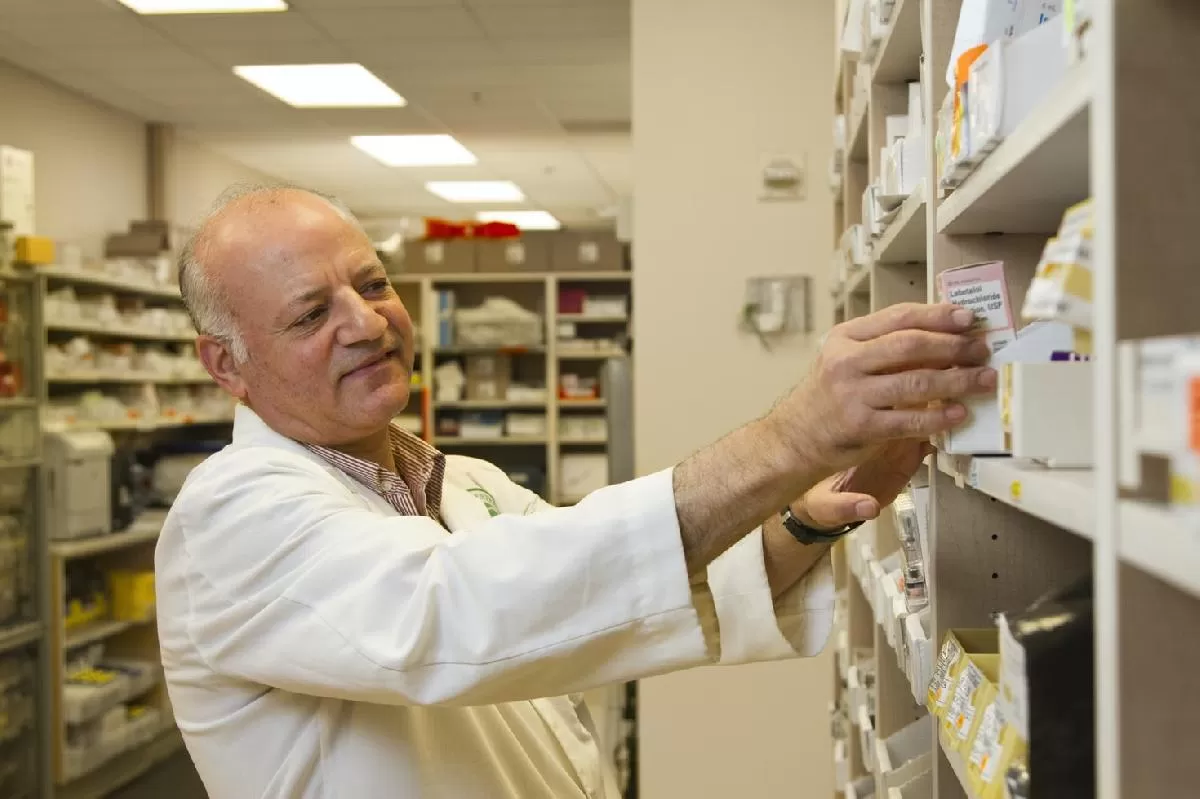There aren't that many countries that are as satisfied with their healthcare systems like Denmark. Not that the Danish boast that their national healthcare as the finest in the world—even though some may argue that it is—but a lot of them don't have any problem with it at all. Even as other countries make their healthcare such a hot political issue, Denmark has had its own system in place and has barely changed over the years. But what about it that many like? What do you need to know about Denmark's healthcare system as someone visiting or maybe even moving here?
Getting Access to Danish Healthcare
Since Denmark's healthcare operates on a universal system, all residents of the country can gain access to it. At the very least, the public option. Public healthcare is a huge part of Denmark's welfare system, financed by
the country's taxes, and set up to benefit all those who live here. More often than not, most hospitals and clinics are managed regionally while other healthcare institutions like nursing homes, school health services, and the like are taken care of by the municipality. Meanwhile, if you're not a legal resident of the country, you're only option is to get private health insurance.
The Sundhedskort Yellow Card
To gain access to Denmark's free healthcare, you'll need to get what's called the '
Sundhedskort,' or Yellow Card. Also known as a health insurance card, it's your ticket to get treated in public hospitals, checkups from your doctor, and other sorts of medical services. The card contains your name, address, CPR number, as well as the name and address of your doctor. As mentioned, you'll need to have your CPR number in order to get your Sundhedskort, and the former is only given to legal residents. Once you have your Yellow Card, beyond using it for healthcare purposes, it can also serve as a valid ID. You can also use it to help
set up your bank account, register to health clubs, and the like.
Public Healthcare in Denmark
Now, speaking of Denmark's public healthcare, what do you get, exactly? Well, apart from the fact that most of it is free, it also comes with a ton of benefits. Firstly, you can easily get connected with a general practitioner who will provide primary medical care, routine checkups, examinations, and the like. If your doctor then recommends a specialist, your public health coverage will also help pay for the latter's services. You'll also get treated to emergency care and medical attention even after hours, which is very important in times of accidents or severe health conditions. And, of course, access to public hospitals, surgeries, important operations, and rehabilitation after.
The Private Insurance Option
As previously mentioned, tourists and visitors who aren't legal residents of Denmark only has private medical insurance as their only option to get healthcare in the country. However, over time, many residents have since opted for supplementary private plans as well, on top of their public coverage. With private insurance, you can get access to private hospitals (which are often better equipped than most public hospitals), physicians, specialists, and the like. Some plans will also help pay for certain medication and dental care. As for which insurers to go for, an international company like
Allianz Care is always the best option. However, local insurers like
Topdanmark and
Tryg are good too!
How to Find A Doctor in Denmark
When it comes to finding a general practitioner, also known as your personal or family doctor in Denmark, the process differs from region to region. In the
Copenhagen area, for instance, the moment you get your CPR number and Sundhedskort Yellow Card, they will appoint you a doctor right then and there. If you decided to change your doctor later, you'll have to pay a fee of DKK 165.00. But in other parts of the country, they'll simply hand you a list of general practitioners in the area and leave the choice to you.
Denmark's Emergency Hotline Pharmacies
In case of emergency, call 112 to get an ambulance sent straight to your location. Just like in other EU countries, Denmark's hotline number is 112. Ambulance services in case of emergencies are free of charge, regardless of the type of healthcare coverage that you have. In some hospitals, even usage of emergency rooms is also free of charge, but this differs depending on the healthcare institution. In terms of the country's pharmacies, there are a total of 277 physical pharmacies and two online. Some of them are open 24/7, allowing you to purchase your medicine no matter what time of the day it is.
Compared to many other countries around the world, Denmark's healthcare system is one where most of its residents are satisfied. Why do you think that is? Well, you'll need to know more about it to find out!



